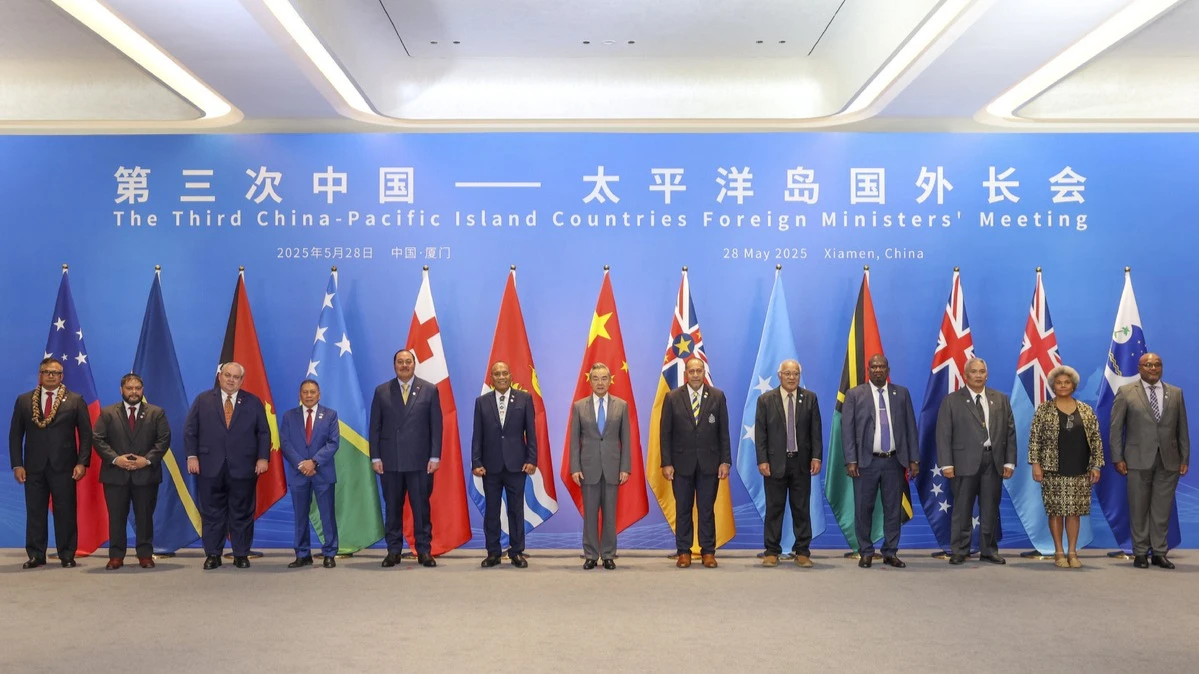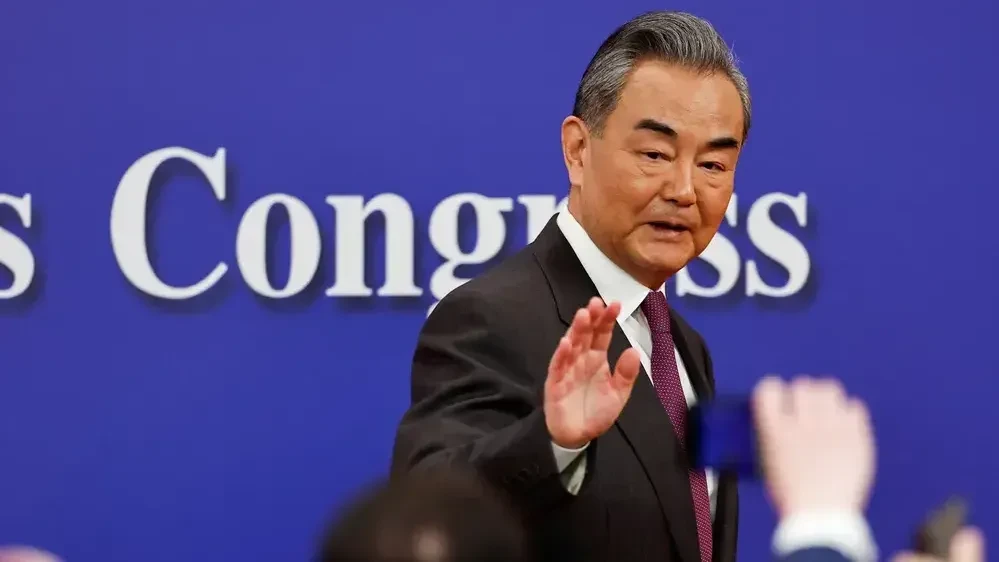Major investment banks raise 2025 China economic growth forecasts

Leading financial institutions, including Goldman Sachs, J.P. Morgan and Morgan Stanley, have recently raised their forecasts concerning China’s GDP growth in 2025, given that China’s pro-growth policies are helping the Chinese economy maintain its growth momentum, while recent China-U.S. trade talks in Geneva have also yielded substantive results.
Goldman Sachs released a research report on May 13, in which it decided to raise its forecast for China’s GDP growth in 2025 by 0.6 percentage points, elevating it from 4 percent to 4.6 percent.
“We are raising our forecasts for China’s 2025 export value growth to 0 from -5 percent previously,” said Shan Hui, chief China economist at Goldman Sachs. Accordingly, within the GDP breakdown by the expenditure approach, Goldman Sachs raised the net export contribution to China’s GDP growth prediction from -0.5 percentage points to 0.1 percentage points.
Nomura, meanwhile, also increased China’s GDP growth forecast in a report released on May 19. According to the report, the easing of trade tensions between China and the U.S. is a material positive for China’s economy, especially for Q2, as exporters might try to front-load their shipments before the 90-day tariff pause ends. In addition, retail sales in China produced a robust performance in Q1 with the support of its expanded trade-in program.
Notably, China’s National Bureau of Statistics revealed that retail sales of consumer goods, a major indicator of the country’s consumption strength, had expanded 5.1 percent year on year in China in April.
“As such, we have raised our Q2 GDP growth forecast from 3.7 percent year on year to 4.8 percent, and slightly raised both Q3 and Q4 growth forecasts from 3.6 percent to 4 percent. For the entire year, we have increased our GDP growth forecast to 4.5 percent year on year from 4 percent,” said Lu Ting, chief China economist at Nomura.
J.P. Morgan revised China’s GDP growth forecast to 4.8 percent year on year from 4.1 percent. Zhu Haibin, chief China economist at J.P. Morgan, cited a slew of pro-growth measures as major contributors to sound economic growth amid trade headwinds.
“Since the end of September last year, China has witnessed the most profound and extensive policy adjustment in recent years,” Zhu said, adding that China has proposed a raft of more proactive fiscal policy measures this year, including setting the deficit-to-GDP ratio at around 4 percent and issuing more government bonds to shore up the economy.
Morgan Stanley raised China’s GDP growth forecast by 0.3 percentage points to 4.5 percent, citing improving household and public consumption in China in 2025.
According to Xing Ziqiang, chief China economist at Morgan Stanley, the key driver of personal consumption growth will likely be the consumption goods trade-in program, with coverage expanded to include less-durable goods. He added that public consumption growth is also expected to rise thanks to the government debt swap program.
“AI breakthroughs this year have reminded the market about China’s often-overlooked supply chain and innovation strength abundance, supported by a robust ecosystem that integrates infrastructure, data, talent and energy. We believe the AI revolution will give a boost to China’s potential GDP over the medium term by generating more labor equivalent value,” said Xing.
Financial institutions, including Standard Chartered and UBS, have also published views that the Chinese economy had displayed strong resilience amid uncertainties -- with helpful fiscal and monetary policies taking effect.
“Data showed strong growth in retail sales of goods subsidized as part of the government’s consumer goods trade-in program and solid expansion in infrastructure and manufacturing investment, supported by frontloaded government bond issuance. These factors likely will remain supportive for growth in Q2,” read a Standard Chartered report released on May 21.
Thomas Fang, head of China global markets at UBS, said this basket of government policies has sent a strong signal to stabilize growth, injecting solid and predictable confidence into the real economy and capital market.
Moreover, several high-profile bankers have visited China recently, including Chair of Citigroup John Dugan and CEO of Carlyle Group Harvey Schwartz. They have expressed optimism about the prospects of China’s economic development and willingness to commit to long-term cooperation with China.
Top Headlines
© 2025 IPPMEDIA.COM. ALL RIGHTS RESERVED






















